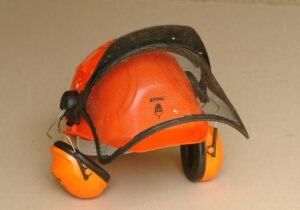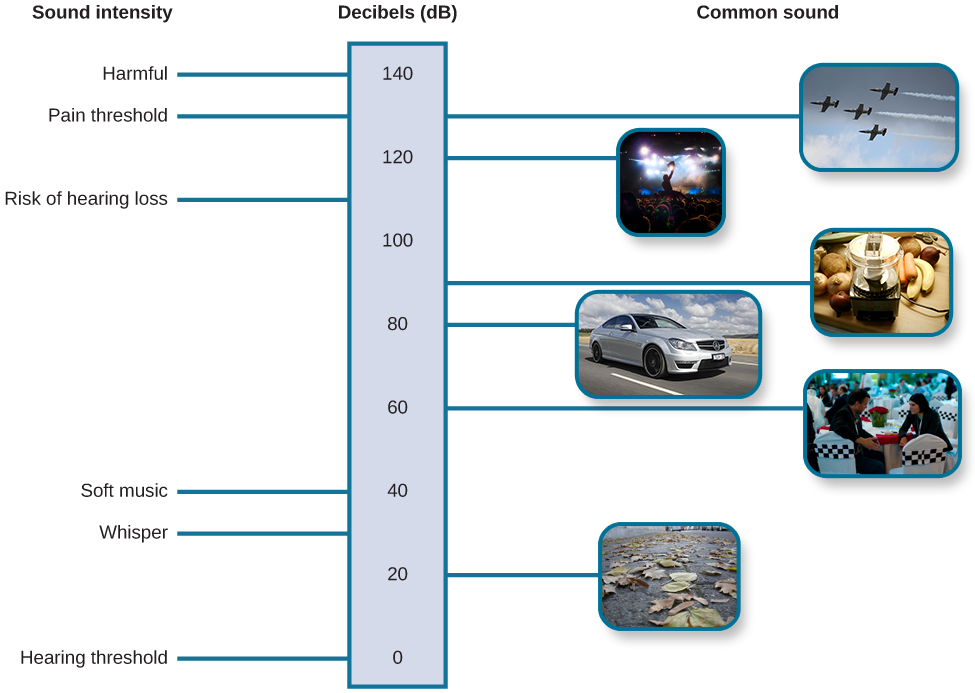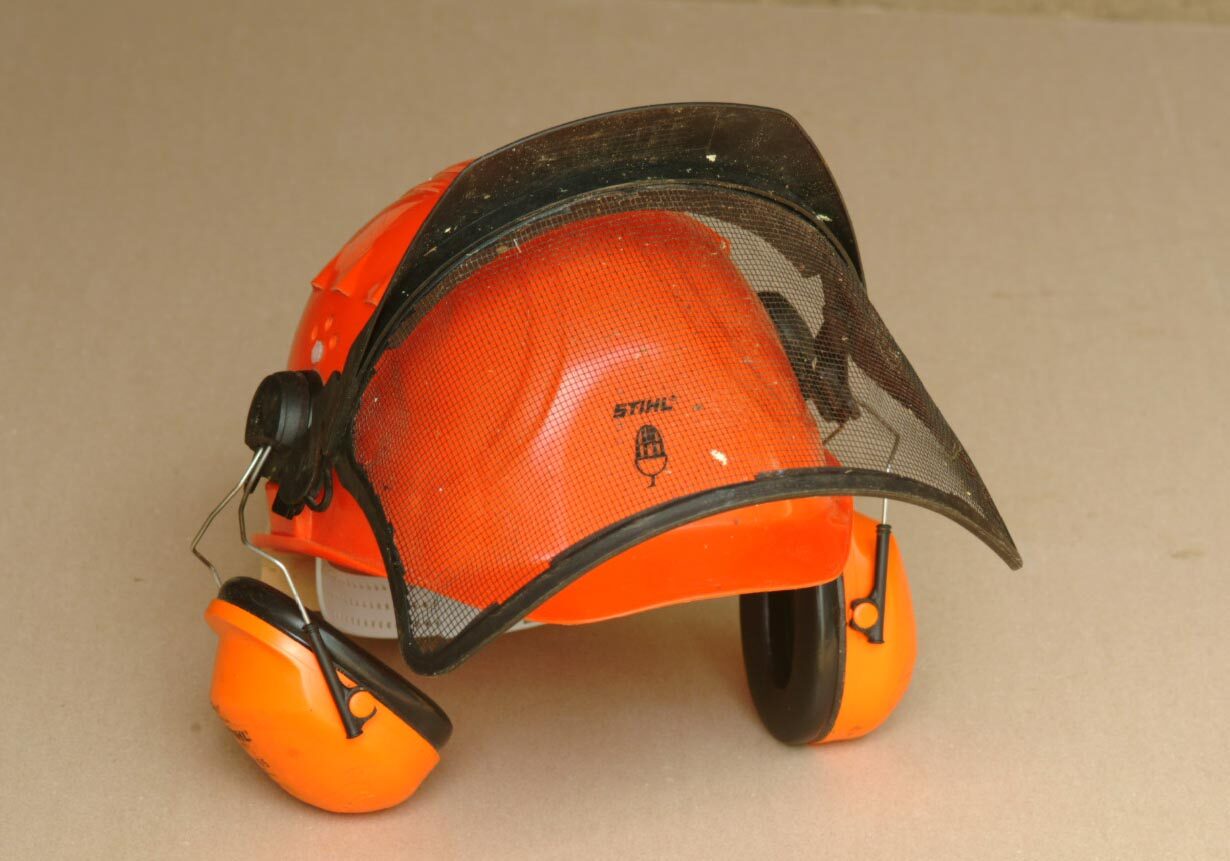Whatever it is you choose to do in life, do it smart, and do it safe. Injuries are never a good thing.
When you are working out in your yard or garden, there are hazards. Generally, these are easily avoidable if you take basic precautions. Keep in mind that certain activities can result in sudden dramatic injury, while others might cause much more subtle, long-term damage. Follow these important yard work safety tips to keep yourself and those around you safe and healthy.
1. Watch Out for Children, Pets and Wildlife. Watch Out for Yourself, Too.
When you are out working with lawn and garden tools, it’s important to be aware of what is going on around you. This is particularly crucial regarding children and animals that might not have good judgment regarding safety. Don’t forget to look up as well as all around you while you work. Think wasp nest, for example.
Pay attention to your own location, especially where you’re putting your feet. I find the most risky time when I’m mowing the lawn, for example, is when I’m walking backwards, pulling the lawn mower toward me. Working on a slope can be particularly dangerous, or near an area that drops off suddenly. Moist surfaces such as grass with dew will decrease friction and make a fall easier.
2. Wear Appropriate Clothing
For the majority of work you’re going to be doing with powered lawn and garden tools, you should be wearing a shirt with long sleeves and long pants. Sturdy work shoes or boots are a must, as well as work gloves. If you’re in an area where hard objects such as tree branches might be falling on you, a hardhat is a good idea.
Your work outfit will help protect you from physical damage such as cuts, scrape and bruises, but also serves as an important barrier against things such as thorns, burs, foxtails, poison ivy and poison oak. Clothing also is a barrier against the sun.
3. Protection From the Sun
Most of us are familiar with the various risks prolonged sun exposure can have (source).
- Premature skin aging.
- Skin damage.
- Skin cancer.
- Lowered immune system.
- Eye injury.
Clothing does the best job of protecting you from the sun, as mentioned above. Also, wear a good quality sun hat, with a broad brim. Areas of your body that can’t be covered with clothing should be protected with high SPF sunscreen – that is going to be primarily your neck if you wear the proper attire otherwise.
Finally, learn from my mistake – you can get a sunburn on a cloudy day. It is even possible to get a sunburn while in the shade if you are on or near reflective surfaces.
4. Protect Your Eyes
I mentioned that the sun can damage your eyes. The sun can damage your corneas, the clear front outer layer of the eye. It can even cause cataracts and ultimately blindness over time.
While working outside, wear a good sturdy pair of sunglasses that blocks 100% of UV radiation, but can also handle the shock of a flying pebble, twig or piece of dirt.
When it comes to heavy chainsaw work, you may want to give consideration to a helmet such as this one that incorporates additional eye, head and ear protection.

5. Hearing Protection
Hearing loss can be devastating. Unlike being “blinded: by the sun, loss of hearing often happens gradually over time, so is not as obvious as vision problems. People may not be motivated to protect themselves from something that happens gradually.
Protect your precious hearing.
Sound intensity is measured in decibels, abbreviated as dB.
Most importantly, noise above 85 dB over a prolonged period may damage your hearing (source).
Take a look at this diagram of various sound levels. Be careful though! Note the “Risk of hearing loss” indicated in the picture is much higher than the 85 dB mark that can truly harm your hearing with long-term exposure.

Let’s get specific to why you are here at Electric Lawn Tools.
- Just how much noise do various electric lawn and garden tools make?
- Should hearing protection be used?
One thing you might want to consider doing is to purchase a sound meter so you can measure your specific work environment yourself. I recommend this.
If you don’t have a meter, you’ll need to go with what the manufacturer of your power tools publishes as the dB level. You may need to request this information from them if it is not provided on their website or owner’s manual.
As an example, let’s look at cordless electric lawn mowers. Various sources and models report sound levels ranging from 70 to 86 db. That is just crossing over the 85 dB level that you need to worry about.
Finally, I recommend you be conservative and consider wearing hearing protection at even lower than 85 dB. 75 to 80 dB is a good cutoff where you should have hearing protection on board.
6. No Drugs or Alcohol, Please
I hope I don’t need to explain this one too much. Please, be sober when you are using potentially dangerous tools.
This is for your own safety and those around you.
Apart from losing coordination, when you are mentally altered or intoxicated, you aren’t a good judge of things like your own body temperature and hydration level.
7. Read the Owner’s Manual!
It’s almost a cliche when a person (often a man?) is too impatient to read the owner’s manual. They just want to unpack that new tool and test it out!
Owner’s manuals contain a lot of crucially important data. Not only will vital safety information be included, but you might learn a thing or two about your new tool in other ways.
8. Stay Hydrated

Hydration is one of the pillars of general health. Do not wait until you are terribly thirsty before you drink.
Dehydration can lead to fatigue, dizziness, confusion, headaches and even death.
You should take periodic breaks while you are working to drink either water or if you prefer, an electrolyte solution. Be aware that some electrolyte-containing drinks also have significant sugar. I tend to go with just room temperature water while I work.
Note that in high heat such as above 100F (37.8C) you really need to hydrate. OSHA recommends in that case to drink about 4 cups of water every hour. However, you usually shouldn’t consume more than 6 cups per hour or 12 quarts per day.
9. Avoid Stress and Strain Injury
- Repetitive stress injury is injury caused by repetitive movement and overuse. This might cause pain in muscles, nerves and tendons. Try to vary your position and technique to avoid this, as well as having good posture in what you do. For example, I find one of the most stressful activities when I’m working in my yard is using the string trimmer. To compensate I frequently switch from left to right-handed while using it.
- Acute injuries are sudden traumatic events that might affect muscles, bones or joints. They are usually going to be associated with rapid exertion, and often poor posture. Watch out for at risk moments. Careful when you really feel yourself straining to do something. For example, I am very careful when I fold up my lawn mower for transport and lift it into the back of my vehicle. Lift with your back, not your legs!
- Tiredness can lead to injury because as we get tired, we tend to lose our coordination and pay less attention to what we are doing. If you’re getting more than mildly tired, take a break. It’s worth it. You’ll come back refreshed, more efficient and safer than you were.
10. Familiarity Breeds Contempt
Many of us are quite focused and careful when we have a new tool or are learning a new skill.
Over time, when we’ve been doing something to a point where we feel quite competent, we may start to forget the potential danger associated with what we are doing. That can lead to carelessness. Please always focus on the importance of doing things safely.
Stay Safe and Work Smart
I truly enjoy using my electric lawn and garden tools.
I take great satisfaction in doing a job well, and then looking around at the finished product. When my family or customers notice, that is a bonus.
Safety has to come first in whatever you do. We all want to be able to enjoy our lives in a happy and healthy manner. Take a moment to understand how to go about using your tools safely before you get started with them.

The following safety precautions and tips will help keep you safe and injury-free while you are working in your yard. This is well worth a read. You presented great insight and information. Thanks.